Monday’s slate of forums begins with a focus on trust in science
The first seven of 13 forum sessions will be held on Monday, followed by six more Tuesday evening. The 90-minute forum sessions offer a unique, discussion-based format designed to engage attendees.
Monday afternoon’s Trust in Science forum will address the relationship between the scientific community and the public. It has been scheduled at a special time in the afternoon to give as many attendees as possible the opportunity to attend.
Beginning at 5 p.m. CDT, concurrent forums will address several important topics, including genome-wide association studies, resistance to immune checkpoint blockade, telehealth in cancer care, and vaccine effectiveness. All of Monday’s forum sessions are previewed below.
Trust in Science
Monday, April 11 | 1:30 – 3 p.m. CDT | Room 295-296, Convention Center
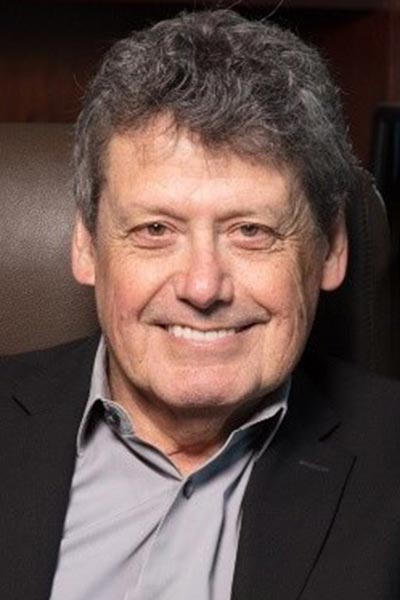
“The SARS-CoV-2 pandemic has dramatically made the scientific community aware of the public need to understand and trust the fruits of science. In light of this societal challenge, the AACR formed the Trust in Science Task Force to catalyze efforts to build trust in science,” explained Forum Chair William S. Dalton, MD, Moffitt Cancer Center.
The Task Force includes representatives of key stakeholder groups who can help develop a common agenda and define metrics of success. Key partners will include: patients; members of cancer research institutions; health care providers; pharmaceutical and biotech industries; the U.S. Food and Drug Administration, National Institutes of Health, National Cancer Institute, and related government institutions; and payers.
Monday’s forum will include presentations from the Trust in Science Task Force followed by a panel discussion. Participants will consider areas of societal interest, including diversity, funding of research, and patient access to state-of-the-art cancer care and prevention measures.
To open the forum, Dalton will describe the task force’s three primary objectives:
- To build a social platform to communicate to all stakeholders, including patients and at-risk populations, to promote trust in science by addressing their questions and countering misinformation.
- To improve health equality and equity, especially for underserved patient populations, by forming patient participatory models and integrating new technologies to maximize patient benefit and access to clinical trials.
- To cultivate diversity as an ethos in the scientific enterprise and workforce.
According to Dalton, the message to all AACR members is that the AACR is committed to creating an ecosystem of shared value through collective impact that aims to improve cancer research and care by developing policies and practices that promote societal trust in science and that cultivate diversity. This bold effort will require “all AACR members on deck” to improve trust in science, starting in cancer research, he said.
“I am hopeful that the audience will not only ask probing questions of how we hope to move forward with improving trust in science, but will provide ideas and experiences of how they and their institutions have developed scientific systems to reach their community,” Dalton said.
Pancreas Cancer: Why Are We Moving So Slowly
Monday, April 11 | 5 – 6:30 p.m. CDT | La Nouvelle Orleans A-B, Convention Center
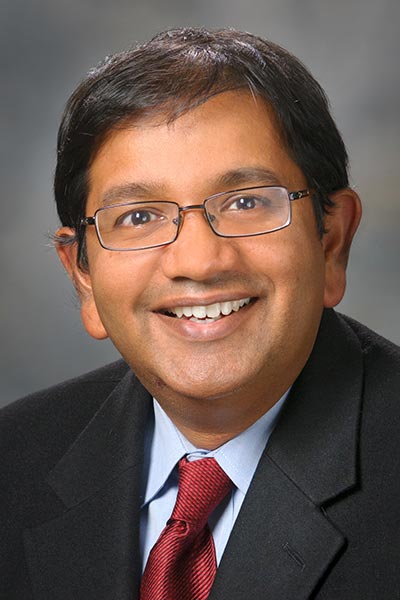
The incidence of pancreatic cancer is rising and the overwhelming majority of patients diagnosed continues to present with advanced disease. Despite seminal advances in the laboratory and a large number of pancreatic cancer researchers worldwide, progress in the clinic has continued to lag behind, according to Anirban Maitra, MD, University of Texas MD Anderson Cancer Center.
“One of the key motivations behind this session was to try to address this apparent mismatch between where the science of pancreatic cancer stands today and the difference we are making in the clinic,” said Maitra, who will moderate the forum.
Maitra will be joined in the forum by Eileen M. O’Reilly, MD, Memorial Sloan Kettering Cancer Center, who will discuss challenges and opportunities in the clinical arena, and Michael A. Hollingsworth, PhD, University of Nebraska Medical Center Eppley Institute and F&P Buffett Cancer Center, who will discuss preclinical opportunities. The forum will conclude with a panel discussion and the presenters are hoping for a robust and interactive discussion with the audience.
“We are hopeful that the audience—including, and most importantly, trainees—will leave with a renewed sense of purpose about tackling one of the most challenging cancers we know of so we can accelerate progress in this disease for our patients and families,” Maitra said.
How Have Genome-Wide Association Studies Impacted Cancer Research?
Monday, April 11 | 5 – 6:30 p.m. CDT | Great Hall BC, Convention Center
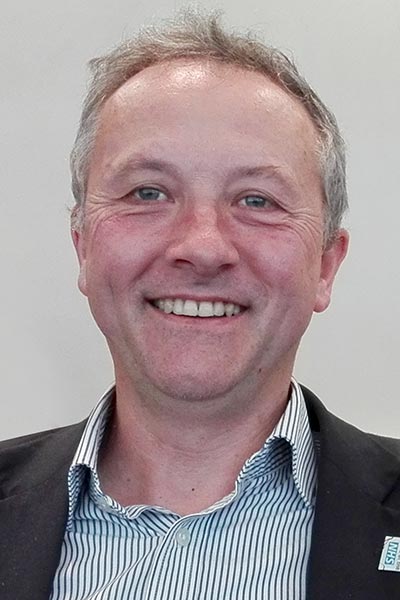
It has been 15 years since the first genome-wide association study in cancer was published. In it, five common variants associated with breast cancer were reported. Since then, there have been thousands of published studies reporting thousands of variants associated with different cancers. During this forum, several speakers will discuss how these studies have affected cancer research.
“Some commentators have suggested that these findings will herald a new era of risk stratification and personalized prevention, while others have noted that the effect of the associated variants are small and, to date, there has been no meaningful clinical translation,” said Paul David Peter Pharoah, PhD, University of Cambridge, United Kingdom, who will moderate the forum.
Attendees should leave the forum with a clear idea of the potential uses of polygenic risk scores in clinical practice, an understanding of their limitations, and the work that will be required before they can be put into clinical practice, Pharoah said.
Impact of Telehealth on Cancer Care
Monday, April 11 | 5 – 6:30 p.m. CDT | Room 265-268, Convention Center
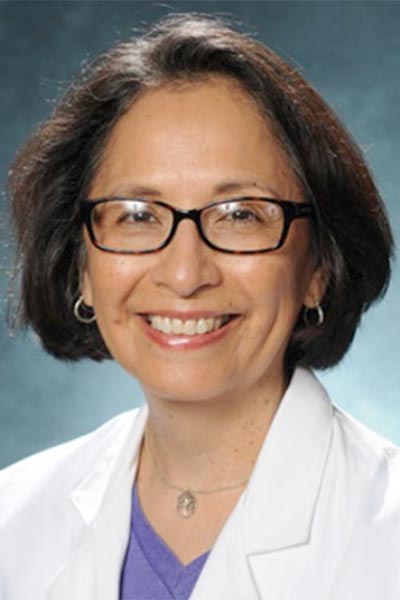
The COVID-19 pandemic forced the health care community to adopt telehealth as part of cancer care in an unprecedented manner. In this forum, moderated by Ana Maria Lopez, MD, MPH, Sidney Kimmel Cancer Center at Thomas Jefferson University, speakers will reflect on the lessons learned to date.
“With the COVID-19 pandemic, telehealth progress has been exponential. These innovations have resulted in accelerated adoption, experiential learnings, and exposure of predictable inequities,” Lopez said. “It is important for us to take the time to reflect on the experience, to consider what has been learned, and to consider proactively how the impact will be moved forward.”
Tobias Janowitz, MD, Cold Spring Harbor Laboratory, will discuss the impact of telehealth on clinical trial delivery. Matthew B. Mackwood, MD, MPH, Dartmouth Geisel School of Medicine, will discuss his experience of variation in telehealth use by patient factors, pandemic phase, and clinic site at the Norris Cotton Cancer Center.
Attendees will gain a broader perspective on the telemedicine experience, with a focus on telehealth before and during the pandemic, and a glimpse into possible post-pandemic scenarios. These pathways toward the future will require ongoing advocacy, research, and engagement, Lopez said.
Untangling Mechanisms of Sensitivity and Resistance to Immune Checkpoint Blockade
Monday, April 11 | 5 – 6:30 p.m. CDT | Great Hall AD, Convention Center
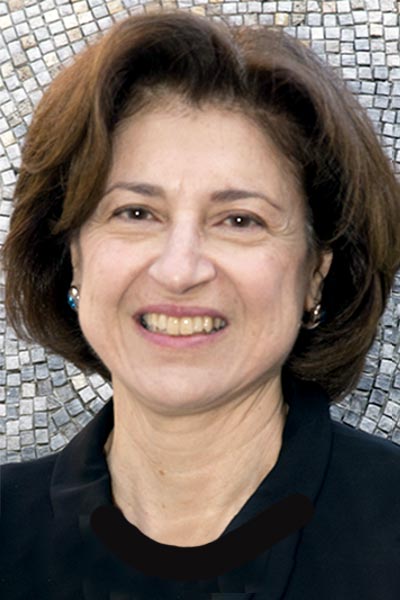
Although many patients with cancer currently benefit from immune checkpoint blockade (ICB) therapies, with extended progression-free and overall survival, the majority of cancers demonstrate primary or acquired resistance to ICB. This forum will focus on untangling the mechanisms underlying treatment resistance and ways to overcome them. This is a top priority in the cancer immunotherapy field and is vital to further enhancing the efficacy of ICB, said forum moderator Suzanne L. Topalian, MD, Johns Hopkins Bloomberg-Kimmel Institute for Cancer Immunology.
“We anticipated that deciphering and overcoming ICB resistance would be challenging because of the complex nature of the antitumor immune response that is modulated by ICB,” she said. “Recent scientific advances have brought powerful new technologies and analytic tools to bear on this multifaceted problem, which will be discussed in this forum.”
Attendees will have an opportunity to gain state-of-the-art knowledge about ICB sensitivity/resistance mechanisms and predictive biomarkers based on these mechanisms, Topalian said. “They will also hear about new avenues of basic and clinical research that are bringing us closer to a more refined understanding of ICB sensitivity/resistance, which is needed to enhance the efficacy of this therapy,” she added.
Vaccine Effectiveness in Cancer Patients with Immunotherapy
Monday, April 11 | 5 – 6:30 p.m. CDT | La Nouvelle Orleans C, Convention Center
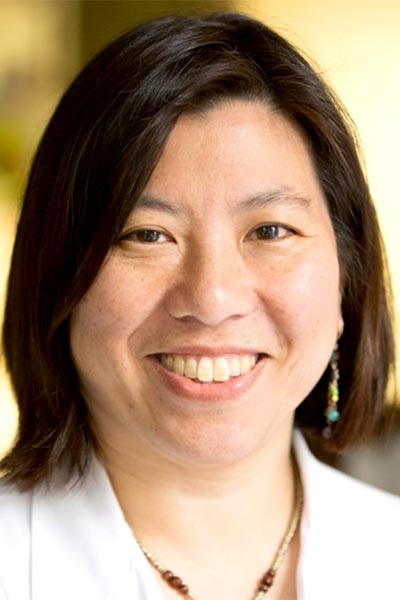
The COVID-19 pandemic accelerated global efforts to innovate vaccine technology. The result was the rapid generation, approval, and deployment of multiple vaccines against SARS-CoV-2. Much of the foundational science for these vaccines was a result of longstanding efforts to generate effective therapeutic vaccines to target malignancies.
The hope now is that lessons learned during the COVID-19 pandemic can serve to stimulate progress in cancer vaccines, said forum moderator Catherine J. Wu, MD, Dana-Farber Cancer Institute. This progress will be informed by the variable effectiveness of SARS-CoV-2 vaccination in patients with a variety of cancers.
Wu will be joined in the forum by E. John Wherry, MD, University of Pennsylvania, who will discuss immune responses to SARS-CoV-2 mRNA vaccines in healthy people compared to cancer patients. Paolo Ghia, MD, Universita Vita-Salute San Raffaele, Italy, will discuss vaccine efficacy, or lack thereof, in patients with hematological cancers.
The forum will also include information about the effects of SARS-CoV-2 vaccination in the context of PD-1 blockade and other cancer-directed treatments. After the speaker presentations, there will be time for audience questions and a panel discussion.
Dharma Master Jiantai Forum on Advances in Lung Cancer
Monday, April 11 | 5 – 6:30 p.m. CDT | New Orleans Theater B, Convention Center
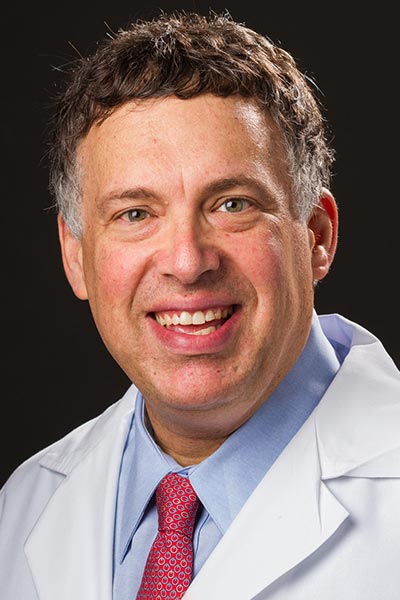
This forum is named after Dharma Master Jiantai, a young abbess who dedicated her life to dharma teaching. She was a never-smoker who was diagnosed with lung cancer. Her cancer was found to have a mutation, but targeted agents were not yet available. Her family established an endowment to support this forum to highlight innovations in targeted therapies and immunotherapies.
“Advances in immunotherapies and targeted therapies have driven progress in our treatment of lung cancer over the last decade,” said forum moderator Roy S. Herbst, MD, PhD, Yale Cancer Center and Smilow Cancer Hospital. “These changes are exciting and, more importantly, they have made a significant difference for our patients.”
The next step is to better define who will respond to these therapies and how to overcome resistance to therapies, Herbst said. The Lung Master Protocol (Lung MAP) has been an excellent example of such a personalized approach.
During the forum, attendees will hear about recent advances with perspectives from industry, academia, and a patient advocate.
“Our patients teach us so much. Each day in clinic I am reminded of how much there is to learn from our patients and their families,” Herbst said. “Including a patient advocate in our AACR session provides that same reminder and keeps our science focused on what’s most important.”
[sub-post-content]
